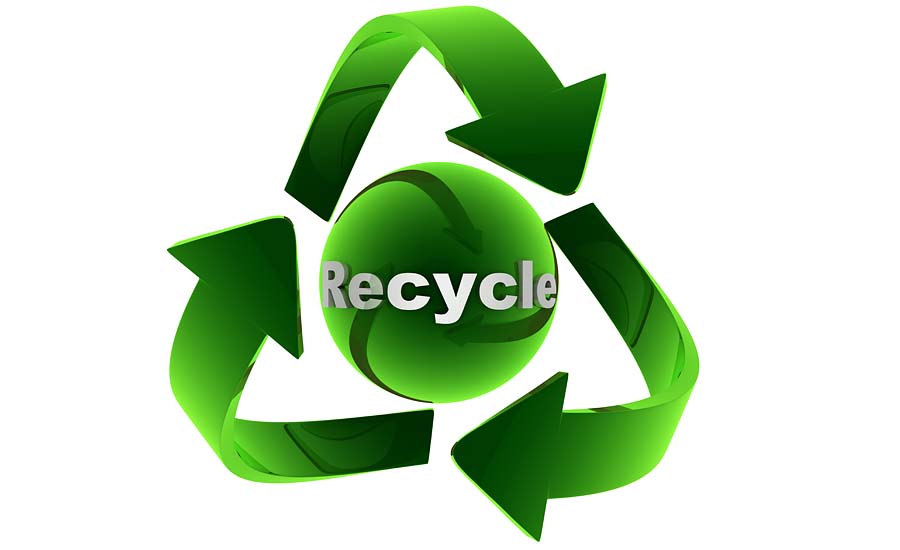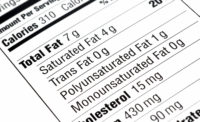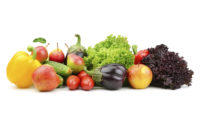Food waste and packaging is a concern to a growing and more vocal core of consumers who are increasingly worried about the food industry’s impact on the environment, according to new research from The Center for Food Integrity (CFI), Kansas City, Mo. The study reveals that those concerned about food waste and packaging fit the profile of an environmentally conscious eater who is more likely to campaign against what they see as a throw-away culture and push for change via new regulations and innovation.
“They are highly progressive consumers who strive to live their lives in the most environmentally sustainable way possible,” says Terry Fleck, executive director. “When it comes to food purchases in particular, two primary concerns come to mind – too much packaging comes with food and too much food goes to waste.”
It’s not the Millennials
While it’s often assumed Millennials drive conversations about sustainability, that’s not the case here. These consumers, typically white women between the ages of 24-54, want to be role models for sustainability.
They believe today’s food products need to be modernized, especially sourcing, manufacturing and distribution, according to CFI’s Illuminate, a research tool that can analyze millions of interactions online in real time.
In addition, they think scientific innovation can help guide better approaches to food production and overall health, making the world a better place.
“Campaigning for causes is important to them,” says Fleck. “They feel it’s their responsibility to support or actively advocate for societal reform and will vote with their pocketbooks.”
These consumers choose food items with minimal packaging and potential for waste because it makes them feel as if they are putting the environment – and not themselves – first.
Don’t dismiss the movement
Relatively speaking, the number of those engaged on the topic is small, according to the research.
Currently, there is a core market of 27 million consumers actively engaged in conversations about food packaging and food waste. However, the number is expected to increase to 29 million in the next two years. But, with the pace of changing consumer attitudes and the increase in purpose-driven purchasing, it would be foolish to dismiss this issue as niche, says Fleck.
There’s no question the topic is gaining steam and the food industry is taking notice, resulting in efforts that range from grocery stores selling misshapen fruits and vegetables to new initiatives to create 100% percent recyclable, reusable or compostable packaging.
Zero-waste stores are popping up, where shoppers are encouraged to bring their own bags and containers to purchase certain foods in bulk.
As the topic continues to gain momentum, it’s important for food companies to stay engaged with the environmentally conscious eater. Find ways to show tangible advancement toward sustainability goals.
“Demonstrate that you share consumers’ values,” says Fleck. “If you do so effectively, you may be surprised by the bridges you build.”



